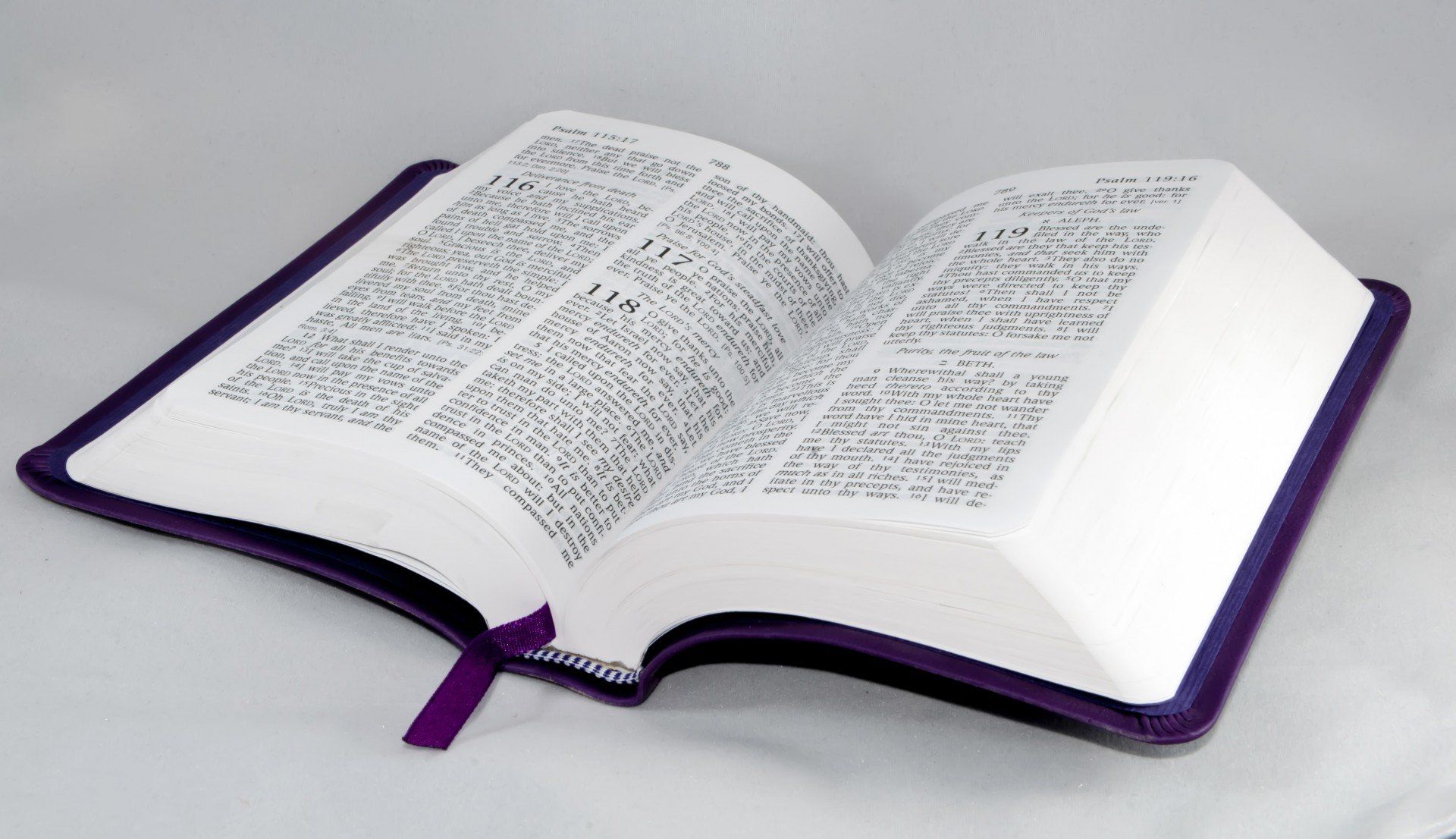Some Guidelines for Prayer

James 5.13-18
The great people of God in any generation are those Christians who pray. God's truly great people are those humble and dedicated Christians who actually take time and pray. These people consider prayer more important than the things with which most of us fill our lives. They are prayerful because they have disciplined themselves and arranged a workable time, place, and system for prayer. Believing in a God of power who will both hear and answer the petitions of his children, these people have claimed his power through prayer.
Do you pray regularly and fervently each day? Can you truthfully say that communication with God through prayer is a vital part of your life? Not every Christian can preach, lead singing, be a medical missionary, or give great gifts, but there is no Christian who cannot pray. How tragic it is that so many Christians are failing to use this great gift and power.
Since the epistle of James is so practical in its nature, one would naturally expect it to deal with prayer. James teaches his readers how to react to the changing circumstances in life. "In trouble" is actually "suffering" (as the prophets, v. 10). This is a general word for all hardships. What should a Christian do when suffering? He should not blame God for trouble (James 1:13) but pray to him who gives all good gifts (James 1:17). That prayer might be for relief from pain or for patience in suffering.
Until we learn to pray, we will be deprived of so many blessings which otherwise we could have and use to the glory of God and to our own spiritual development. James wrote: "You have not, because you ask not" (James 4:2b).
What is Christian living all about? It is learning to live in constant communion with God. It is praying "continually" (1 Thess. 5:17). It is calling upon God in the confidence that one’s needs will be generously supplied. It is confessing our weakness and sinfulness, acknowledging our dependence upon God, and submitting to his way.
Bob's Blog









